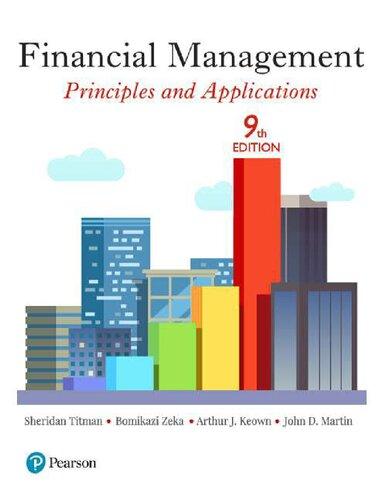Answer all

27. Pick the piece of information likely to be omitted from a firm's risk appetite description. A. The types of risks the firm is willing to tolerate, specifying the risks to hedge and the ones to assume B. The preferred risk management tools e.g. insurance, derivatives, etc. C. The maximum loss the firm is willing to incur at a given confidence limit and time D. The timings of cash flows from the firm's projects 28. Which of the following statements best describes the role of the board in risk management? A. Issuing guidelines on how to manage risks B. Developing the risk appetite statement and objectives the managers should strive to meet within the risk management framework C. Regularly reviewing decisions made by managers regarding risk exposures D. Choosing the risk exposures to hedge, the risks to mitigate, and those to avoid altogether 29. Swiss Inc. is an international company that sells goods to international customers, sometimes under suitable credit agreements. As a result, the company usually hedges the resulting currency and interest rate risks using various instruments like futures. Which of the following actions is likely to form part of the company's risk mapping exercise at the start of the financial year? A. Hiring competent risk management professionals B. Developing the risk appetite statement C. Developing a list of assets and liabilities, specifying the relevant currencies D. Identifying the instruments to be used in managing the risk exposures 30. Distinguish between exchange-traded and over-the-counter risk management instruments A. Exchange-traded instruments are standardized and exchange-tradable while over-the-counter instruments are non-standardized, privately negotiated financial contracts that cannot be traded on an exchange B. Over-the-counter instruments are standardized and exchange-tradable while exchange-traded instruments non-standardized, privately negotiated financial contracts that cannot be traded on an exchange C. Exchange-traded instruments are those instruments that only deal with intangible financial assets while over-the-counter instruments only deal with commodities such as coffee D. Exchange-traded instruments have time to maturity of less than one year while over-the-counter instruments have longer maturity periods 31. A reputable bank is approached by a newly-formed private company wishing to enter into an option contract on the British pound. The bank's risk managers prefer an exchange-traded (OTC) option to an over-the-counter one. hich the following statements best explains managers' preference? A. The exchange-traded option would be more efficient B. Over-the-counter instruments often involve time-consuming, grueling negotiations between parties C. The exchange-traded option is more likely to be honored compared to the OTC contract D. The exchange-traded option would involve less transactional costs compared to the OTC option







